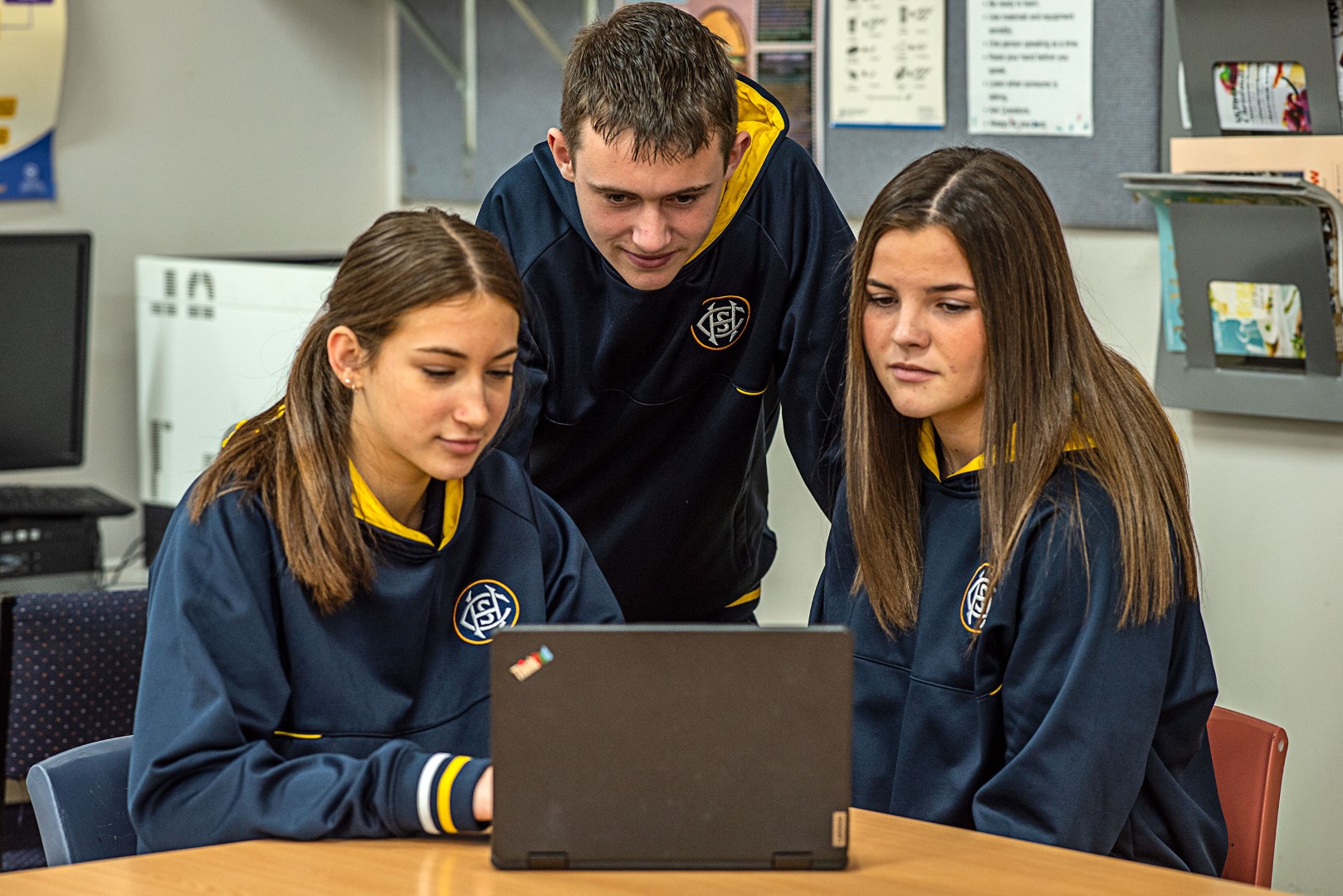At Clare High Secondary School we use evidence-based approaches to supporting the learning needs of all students, using a multi-tiered system of support across wellbeing, teaching and learning, and behaviour and engagement. This approach ensures students needs are addressed at the level they require, which may include strong foundational interventions and supports to ensure students develop the skills and confidence they need early on in their secondary schooling.
Our current approaches to inclusive education and supporting the learning needs of students are outlined below:

